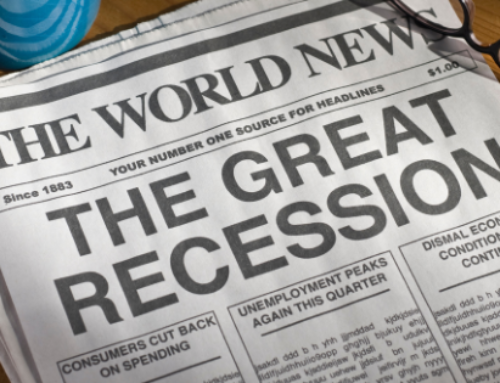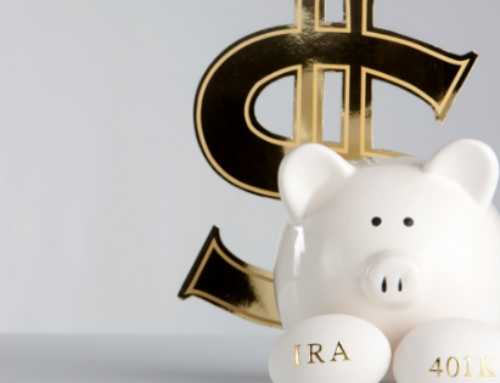
As the U.S. presidential election draws near, expect to see more and more headlines that propose, “What will happen next if this person is elected?” or, “What policy changes to prepare for in the next four years?”
In reality, however, it isn’t easy to anticipate what may happen with the financial markets after the November elections. An ambitious investor would have to forecast the election results, evaluate which policies may become law, estimate a potential economic impact, and assess how the financial markets might react. That’s a tall order.1

Remember, in addition to the presidency, a total of 35 Senate seats and 435 Congressional seats will be on the ballot. The makeup of the country’s executive and legislative branches may look much different—or very similar—in 2021.2,3
A financial professional’s role is to help guide and equip clients with the tools they need regardless of who controls the White House or Congress. We’ve been through several elections, and we’re not going to be influenced by a headline that speculates about a policy or projects a new approach.
For now, our team—like you—is looking forward to how the elections will unfold. If you have specific questions about a policy change discussed by one of the candidates, please give us a call. We’d welcome the chance to discuss what you are hearing, and we may be able to provide some insights and guidance.
Give us a call at our Charlotte office at (704) 248-8549, or our Clemmons office at (336) 391-3409. Or, click here to request a no-cost, no-obligation meeting.
SOURCES:
- com, September 19, 2020
- com, September 21, 2020
- org, September 21, 2020
- Original Article provided by FMG Suite 2020






